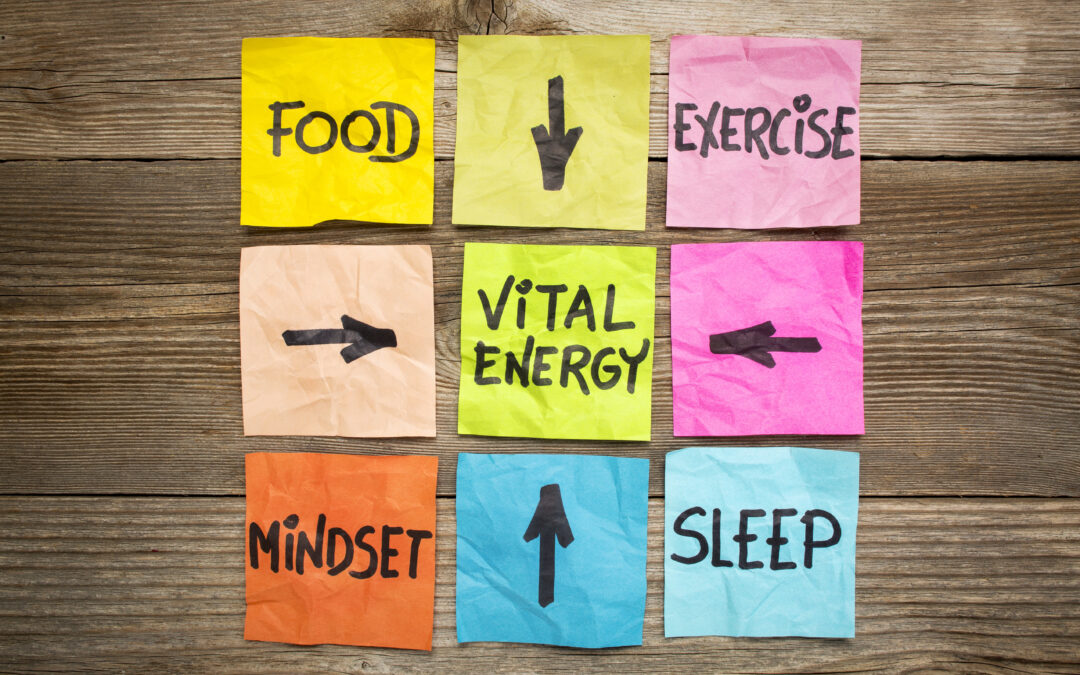Mindset into Momentum
It’s 3am again, and that marks the third restless night. Unfortunately, if this sounds familiar, you are not alone. In the UK it’s estimated that thirty-six percent of the population struggle with sleep problems and about twenty percent experience insomnia. The culprit? Research has many ideas, but two common factors always play some role or responsibility: diet and exercise.
Metabolism
Diet, exercise and your metabolism go hand in hand. If you adopt a proper exercise routine and diet, your metabolism will stabilise, leading to a balanced weight and better sleep. However, if you don’t, you can negatively alter it leading to increased weight. Increased weight can restrict airways, cause inflammation and stress on the body, affecting the way you sleep.
Digestive System
Big meals right before bed that are heavy in sugar, fats, and protein will affect your sleep and lead to poor digestion. This can lead to increased blood sugar, inflammation, blood pressure, and other alignments, making it difficult to fall asleep. A well-balanced diet keeps your blood sugars and flow balances and allows oxygen to flow throughout the body easily.
Stress and Depression
Diet can reduce or worsen symptoms of depression and anxiety that can, in turn, worsen symptoms of insomnia. Avoid foods high in sugar or fats to reduce inflammation. Inflammation is the primary factor for adverse health effects.
Circadian Rhythm
Research shows that changing your diet can reprogram your body’s clock or circadian rhythm. Poor sleep is often linked to obesity or metabolic diseases resulting from improper diet and exercise. Sleep deprivation also increases hormones telling you that you are hungry when you are not keeping the ugly cycle going and increasing or worsening obesity. Therefore, it’s crucial to adopt a healthy diet first when adjusting your sleep schedules. Reducing obesity is the first step to proper sleep.
Dehydration
A common yet easily overlooked culprit to lack of sleep is dehydration. An Improper diet full of sugar and salts can rid your body of needed hydration that leads to symptoms of dehydration such as irritability, fatigue, or insomnia. It dries out your mouth and nasal passages, making it difficult to get to sleep or be comfortable throughout the night. Dehydration can also lead to cramps, inflammation, and lack of oxygen.
Conclusion
Ask your nutritionist and doctor what exercise routine and diet plan are best for you if you suffer from sleep problems. Diet and exercise or lack thereof are likely to blame.
Quotes
“Your body is malleable; you can sculpt it over time with daily habits of diet and exercise. The law of accommodation reminds us that the body may change slowly, but it will change.”
- Dan Millman: American author and lecturer in the personal development field. Best known for the movie “Peaceful Warrior”
“Dress loose, take a great deal of exercise, be particular about your diet and sleep sound enough, the body has great effect on the mind.”
- Elizabeth Cady Stanton: American leader of the women’s rights movement in the U.S. during the mid- to late-1800s
Reflection
Do you think you are at your optimal health right now?
What would be a good strategy to adopt?
Do I get enough sleep?


Recent Comments